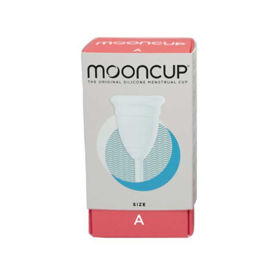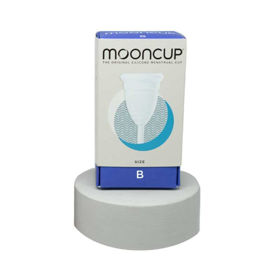Customer question:
Can menstruation occur during menopause? Question from an anonymous forum customer
Pharmacist's answer:
Although it is normal for periods to change as you approach menopause, you should still consult your gynecologist about changes in bleeding. Abnormal bleeding can sometimes be a sign of health problems. Therefore, a terminologist if you bleed in the postmenopausal period.
Talk to is especially important your gynecologist if you have the following:
- bleeding between periods
- bleeding after intercourse
- heavier bleeding during menstruation
- bleeding that is heavier or lasts more days than usual
- bleeding after menopause
If you have any bleeding after menopause or any of the above abnormal changes in your monthly cycle, it is essential to see a gynecologist.
Many things can cause abnormal bleeding, including:
- polyps
- endometrial atrophy
- endometrial hyperplasia
- endometrial cancer
Polyps are non-cancerous (benign) growths that attach to the wall of the uterus. They can also develop in the endometrium of the uterus. These growths can cause heavy bleeding. Polyps can also grow on the cervix or inside the cervical canal. Polyps on the cervix can cause bleeding after intercourse.
After menopause, the lining of the uterus can become thinner. This can happen, especially if a woman has low estrogen levels. The condition is called endometrial atrophy.
Endometrial hyperplasia is a condition that causes the lining of the uterus to thicken. The condition can lead to cancer in some cases. Endometrial hyperplasia most often occurs when a woman has too much estrogen and too little progesterone. Early treatment can reduce the risk of endometrial cancer.
Endometrial cancer is cancer of the lining of the uterus. It is the most common type of cancer of the female reproductive system. Bleeding is the most common sign of endometrial cancer in postmenopausal women. However, if diagnosed early, most cases of endometrial cancer can be successfully treated.
Interesting reading: Menopause and menstruation
Interesting reading: How long does menopause last












 Facebook
Facebook
 Instagram
Instagram
 info@moja-lekarna.com
info@moja-lekarna.com

